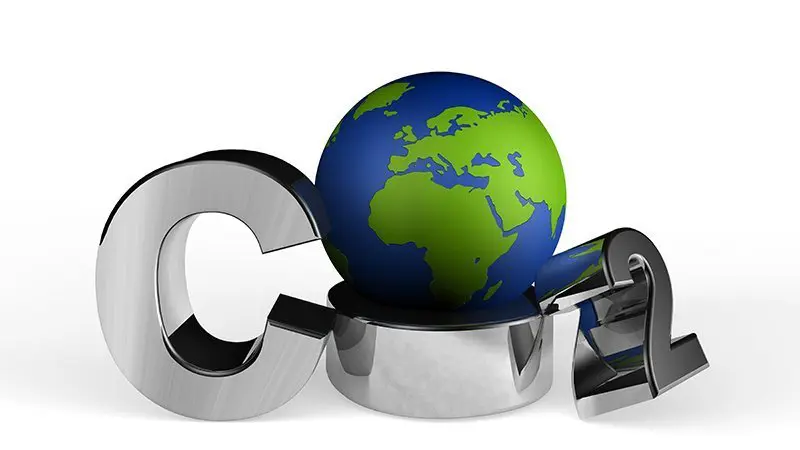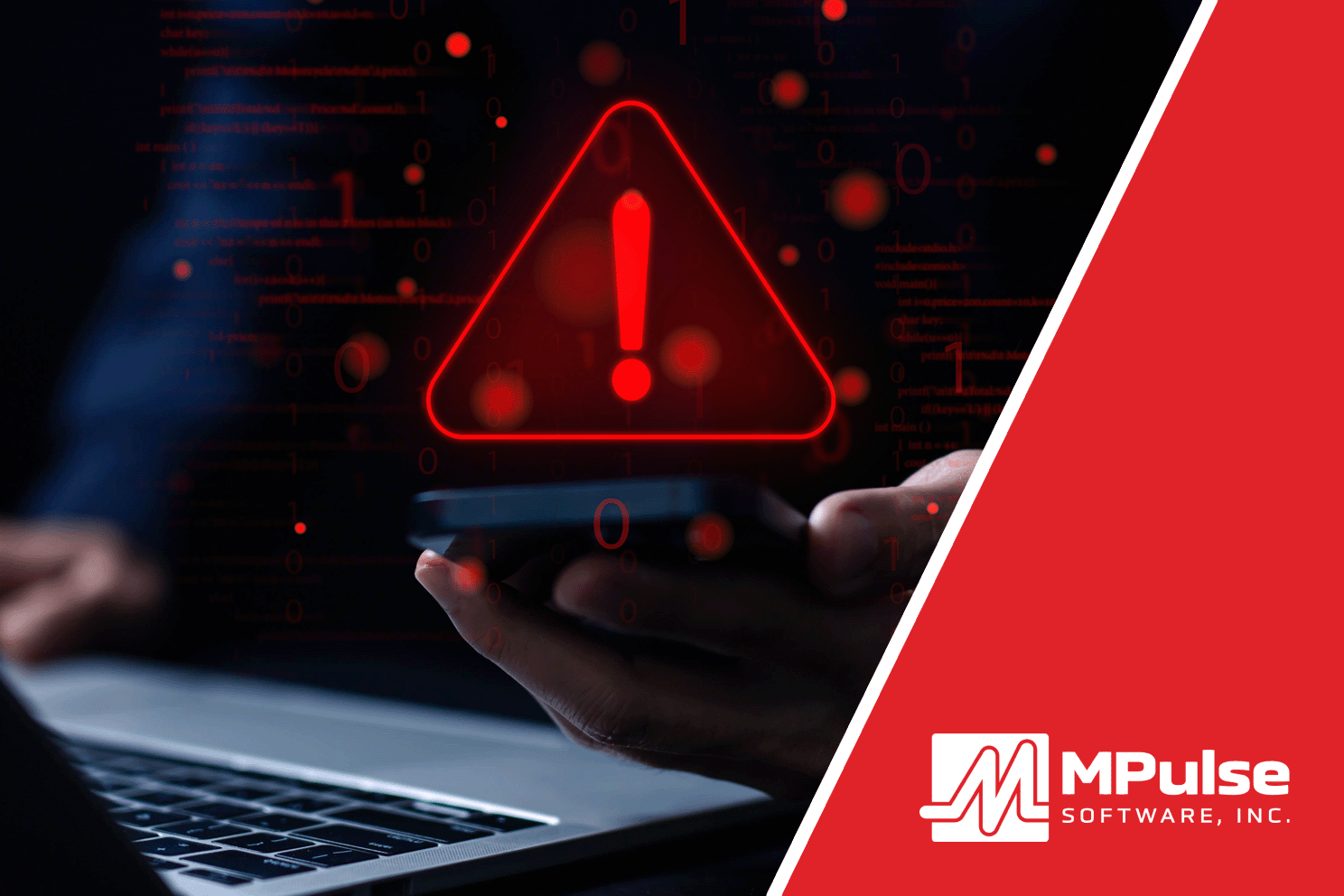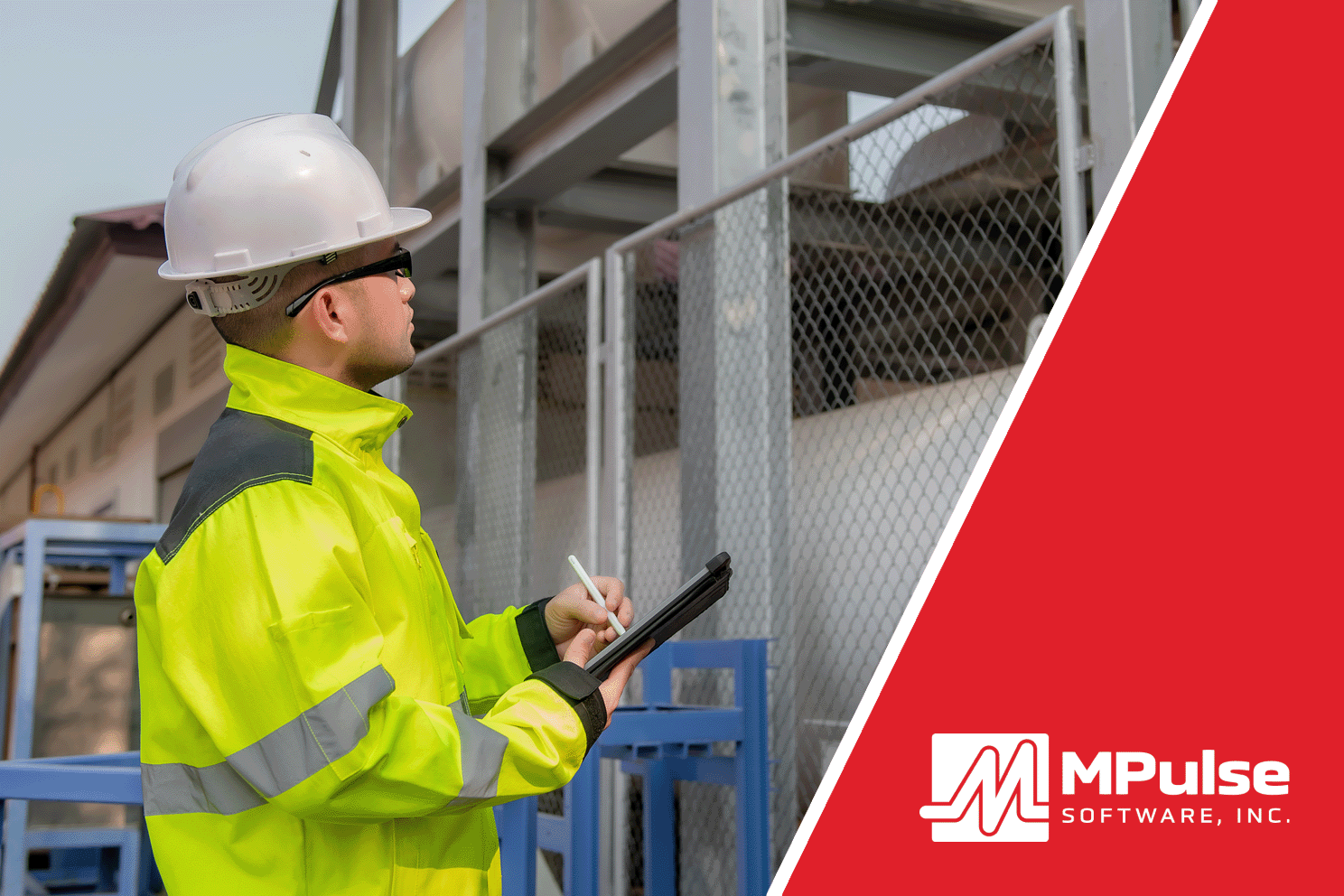Carbon neutrality is a hot topic, and many organizations are working towards becoming carbon neutral certified. Can carbon neutrality for the maintenance team be a realistic goal?
While many consider carbon neutrality an environmental issue, increasing energy efficiency also helps reduce operating costs—an appealing goal for any organization.
Achieving carbon neutrality requires…
- Measuring current energy emissions
- Finding ways to reduce energy emissions
- Investing in carbon offsets to counterbalance the emissions that remain
- Conducting emissions audits annually and adjusting as necessary
Given the maintenance team’s responsibilities, you may be asked to help with one or more of these tasks. Let’s talk about what you might expect.
Table of Contents
Measure Your Carbon Footprint
Every organization has a carbon footprint—which is an organization’s energy consumption and the resulting emissions from that consumption.
To begin, every organization needs a baseline by gathering energy consumption data on …
- Utilities
- Transportation systems
- Material and inventory usage
- Waste
Here’s where CMMS software comes in handy. All the data you’ve been gathering in your CMMS can help you track and analyze this information, which will become part of the baseline for your organization’s carbon footprint.
Reduce Your Carbon Footprint
Armed with this data, maintenance managers can help identify areas where organizations can reduce energy consumption or replace fossil fuels with renewable energy where feasible.
That may include everything from installing energy efficient lights to replacing key equipment with more energy efficient models to switching to bio or renewable fuels.
Invest in Carbon Offsets
But, of course, it’s next to impossible to reduce an organization’s carbon footprint to zero by reducing energy emissions. So, organizations balance their remaining carbon emissions by purchasing carbon offsets to achieve a net zero carbon footprint.
Carbon offsets are investments in projects outside the organization that reduce emissions, such as forestry, renewable energy, etc. Organizations make up for their emission by investing in programs designed to reduce or reverse carbon emissions elsewhere.
It’s a simple math equation: Remaining Carbon Emissions – Carbon Offsets = 0
Repeat Annually
Once you’ve achieved carbon neutrality, you’re not done. Things change, so annual audits repeat this process to make sure your organization remains carbon neutral by adjusting as necessary.
Here again, your CMMS software is a great resource for measuring key performance indicators and gathering data—making it easier when it’s audit time.
Contact us to see how CMMS software can help your maintenance department improve energy efficiency.





